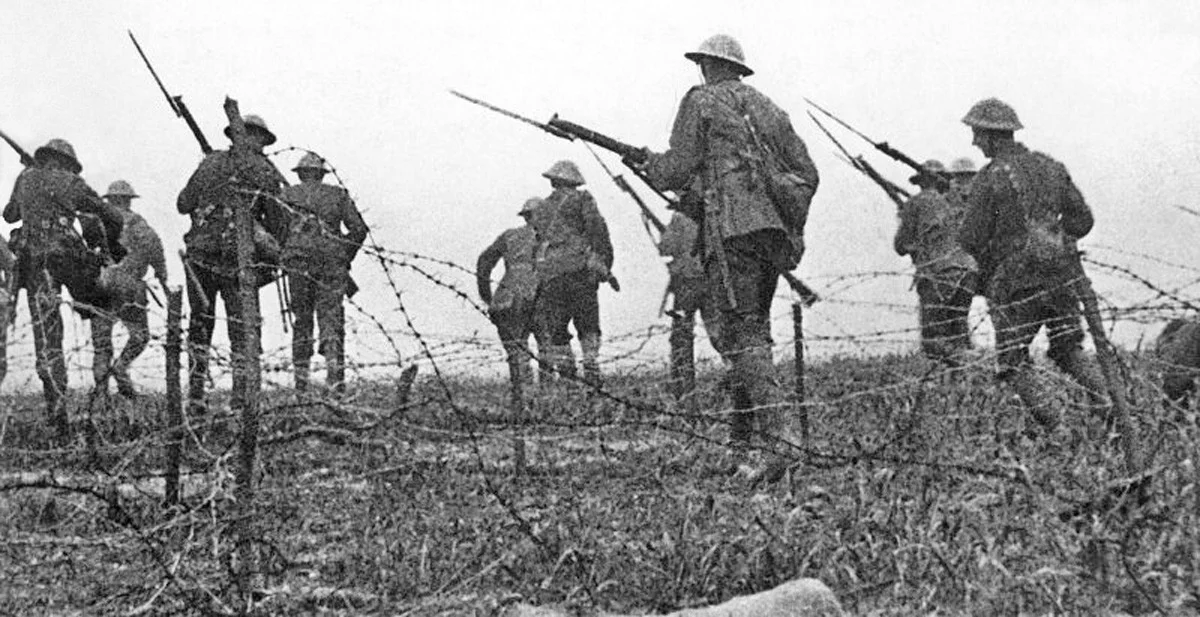“TO THE LOST
I am no hero,
not ever close;
but once upon a time,
in a galaxy
far, far away,
I flew with some.
”
As the US celebrates the end of the fourth of July weekend with a ‘huzzah!’ and a razzamatazz of star-spangled red, white, and blue – with no doubt most people enjoying all twilight’s last gleaming had to offer – it seems fairly certain a more restrained ‘hooray’ will be heard in the dawn’s early light. Possibly a whispered ‘hoo’ or a ‘ray’.
Whatever hurts the least is a reasonable assumption.
In another galaxy, far, far, away, one hundred years ago, as the fourth of July weekend was getting ready to rumble in the 1916 jungle, innumerable young British soldiers, members of the Fourth Army, were preparing to immobilise for the Battle of the Somme. ‘Z Day’, as it was called, was supposed to be June 29, but due to poor weather it was postponed.
On a moonless but clear night, between 0200 and 0515, these young boys – these schoolboy warriors, these captains courageous – made their way along prepared lines to the Front, ready for Zero Hour at 0730, July 1.
By November 18, the total British Commonwealth toll of casualties and dead (or MIA) stood at 419,654 and 95,675 respectively. The Allied toll, including the French: 623,907, and 146, 431. German dead and casualty lists were equally horrific, at 465,000 and 164,055.
Between June and December of 1916, on the Western Front alone, 1,666,289 men, both Allied and German, were counted as dead or injured.
The Battle of the Somme is one of the bloodiest wars in history. It holds special resonance for Australians, because the Battle of Pozières, which was fought in the midst of the Somme, is known as ‘our battle’, that of the 1st, 2nd and 4th Australian Divisions. It was a bloodbath, but it was our bloodbath; a typically Australian attitude which may well explain a few things about our culture to those who struggle with its well-hidden and complex layers.
Meanwhile, on that same day in 1971, 6100 American soldiers departed the war in Vietnam, a daily record.
On the fourth of July 2012, after the signing of the US-Afghanistan Strategic Partnership Agreement between Hamid Karzai and Barack Obama, the drawdown of US troops from Afghanistan started. The total number of coalition deaths to date is 3,407. This does not include those who have since taken their own lives as a consequence of PTSD, nor of course do the figures from World War One.
I started ramaishing around and making noises about writing this some time ago, but it wasn’t until reporting from a purely journalistic standpoint on the Battle of the Somme centenary over the weekend (in between Federal election frivolities) that I truly started thinking about all those young men – and young women. I say this with reference especially to the first world war. There is rarely any mention of field ambulance staff, or field hospital staff, when it comes to World War One. Often they were ‘conshies’ – conscientious objectors — who served as ambo drivers and stretcher bearers rather than fight, or in fact go to prison.
I think of them often, and the bravery they exhibited, dealing with compassion and honour, picking up bits and pieces of men in a war they didn’t believe in, for a cause they didn’t follow.
Then today I saw Mike’s poem, here, on Medium. What it said to me, in those few brief lines, was something a million dry facts couldn’t. As a Vietnam vet, he has every right to those words, and I understand what he means by saying he is no hero, for the word hero has gone way above the chimney tops and over the rainbow. It belongs to the old gods; the men in their magnificent flying machines, whether they be Red Baron-esque kites, Chinooks, or Black Hawks and Apaches.
The new gods have yet to arrive, it seems for most, if not all who have served, and live to remember it. Whether it is waking at three in the morning with a sweat-covered panting panic, or a softer thought in a round of drinks of those left behind, it is clear that Asgard is not yet ours, and Yggdrasil still smoulders beneath a pile of technological ashes.
We stand at the very edge of a precipice as the star-spangled banner does yet wave. So too, does the Union Jack – just – and our own mish-mashed defaced blue ensign of sentiment and sovereign rule. The last century has seen the world ripped apart by the boom of the big guns, and the screams of those left in the trenches, whether those trenches lie in La Boiselle, Long Tan or Lagharak. That precipice is a steep and crumbling one, which looks ready to fall into the sea of lost humanity.
It will fall unless we learn something of merit from these ridiculous losses; both the loss of those who fight, and those who are the half-forgotten civilian byproduct of the machine called Wars.
What many don’t see perched on that precipice, fighting not to lose balance in the winds of debate and accusations, is the reasoning behind men and women being able to go to war for their countries. They fight, not necessarily for a cause they personally believe in, but because they are professional soldiers who serve where and when they are told. This is something often yelled down in the ‘how could yous’ and ‘you can’t be serious’ brain snaps which attend any discussion of conflict. When you serve, you serve your country. You don’t get to lucky-dip for a better posting, or theatre of war.
Inside the solecisms, the downright idiocies and the extreme opinions spouted about wars from A-Z, and 1914 to now, and what they do or don’t stand for, there is one thing that gets those soldiers through – that got those soldiers through. Navy, Army, Air Force… and auxiliary forces such as police and firefighters too; wars are about politics – but war – ah, that is a bear of a very different nature.
War is about people.
War is about mates. War is about standing fast, keeping your own sanity carefully tucked away until you need it, because others need you and your heart and mind more. War is comrades in arms. War is the battle and the burn, the ceaseless whine of mortar fire, the pushback thud of an RPG. It is the ack-ack of machine gun fire tracing the night. It is laughter at weirdarse shit, and jokes nobody outside could ever hope to fathom or unravel.
It is huddling down and helping those who are falling apart at the seams, and knowing this doesn’t stop after the conflict is won, lost or what can be hardest to cope with – a bewildering draw.
Those boys standing in the clear moonless night one hundred years ago understood mateship. They understood it as the gas came in, as they died in their thousands on the wire, and in the mud. They understood it when they breathed in and out in years to come, and the pop of a gaslight had them on the floor, wheezing, crying and covering their heads in shame and fear.
They understood what it meant to be the one holding on and saying ‘I have you’, just as vets do now.
Mates look after their own.
It isn’t about covering up actions of dishonour, or sweeping shitty belligerence and lack of respect under the carpet. It’s about acknowledging that as we face a perfect storm of democratically elected force-12 hurricane force political conditions, meeting the unacknowledged shore that is the PTSD of two generations, there is only one thing to hold onto for many of these veterans.
Those who stood beside them as they fought, and stand beside them now, in whatever form of living it may be, to tell the tale –
And the memory of those who fell to the scythe.
I thank those who fought for me; I thank those who fought before I was a speck in the eye of creation for what they endured. I see the pain of those I know, and their pride in their uniforms and their service, and I say this.
It is both a prayer and a hope.
Let them, and their ghosts, both the living and the dead – let them at some time, once the rocket’s red glare finally dissolves into nothingness –
Let them be still.
It seems little enough to ask. If not for heroes, then for those who knew them, once.














